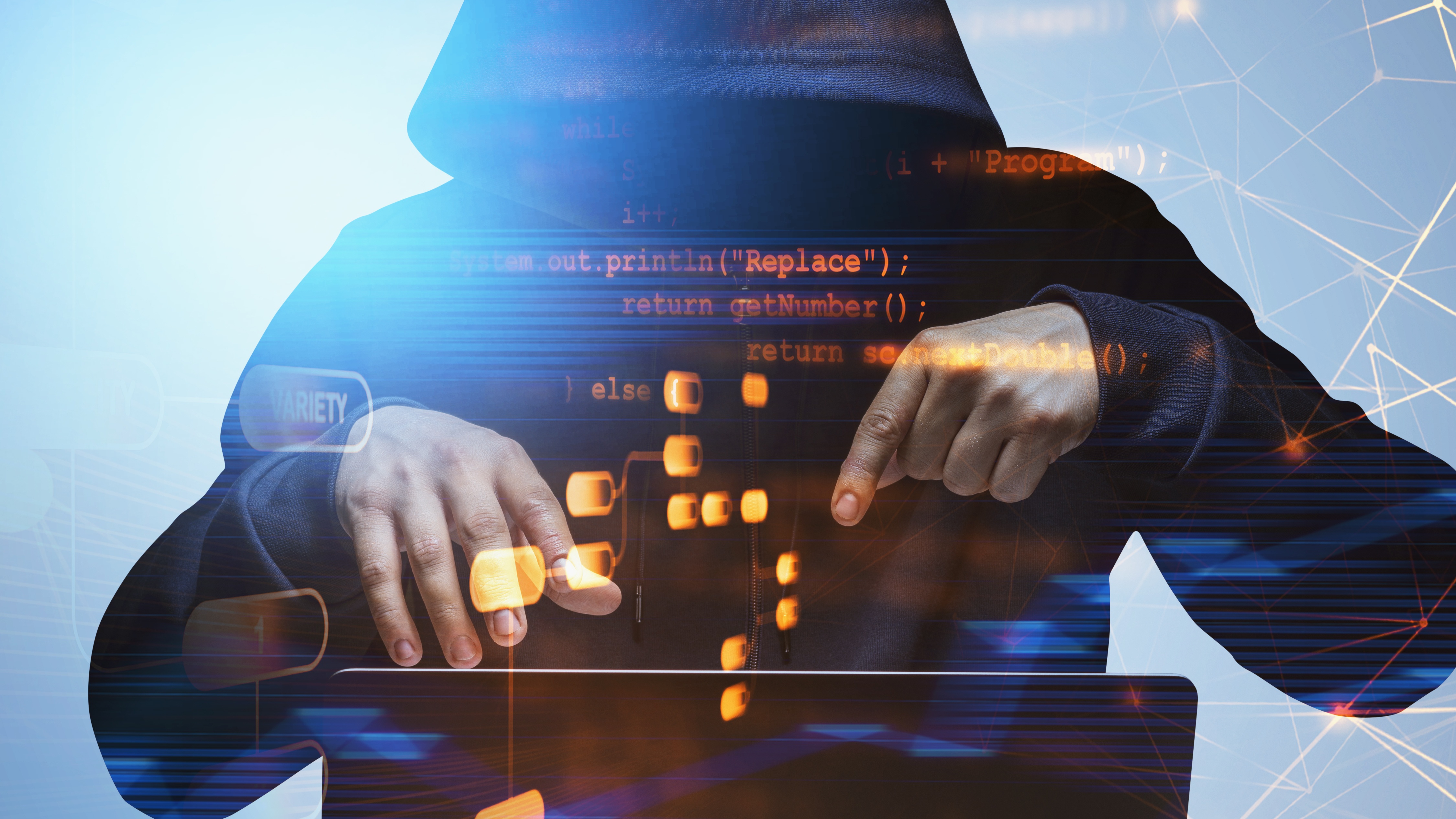A Russian cyber attack may hit the US — how to protect your data and devices
Experts weigh in on how to stay safe during cyber-warfare

As Russia deploys brute force to invade Ukraine, the US fears that the nation may have another tactic up its sleeves: cyber warfare. On Monday, President Joe Biden warned business leaders about the looming threat of cyber attacks that could cripple US infrastructure.
You may be wondering, "What does cyberwarfare look like and how can it affect me?" Let's take a look at what the experts have to say so that you can keep your data and devices protected in the event of a cyber attack.
What would a Russian cyber attack on the US look like?
In a written statement, the Biden Administration issued a warning that the Russian government may knock the US off its feet using cyber attacks. Biden added that cyber warfare is a "part of Russia's playbook."
In other words, Russia is no stranger to using hacking strategies to undermine its enemies, which gives us a glimpse of how cyber warfare could play out if the invasive nation decides to attack the US' technological vulnerabilities. Here are some cyber attacks in recent times that paint a small-scale picture of warfare in the cyberworld:
- A pair of cyberattacks, widely established as Russian-linked hacking, hit some parts of Ukraine after Russia's annexation of Crimea eight years ago. In 2015 and 2016, hackers managed to take out power in some parts of Ukraine, according to Vox.
- In 2017, Kremlin-backed malicious actors unleashed a vicious ransomware attack in Ukraine. Dubbed NotPetya, this malware wreaks havoc by encrypting victims' data and locking them out of their own files. Victims had to pay a ransom of $300 in Bitcoin to retrieve their files. NotPetya was so poisonous it spread beyond Ukraine's borders. According to Vox, it's one of the worst cyber attacks in modern history.
- Last year, the US fell victim to a cyber-attack known as the Colonial Pipeline Hack. In May 2021, a group of Russian-linked hackers called DarkSide breached Colonial Pipeline Co. (a major oil pipeline that carries petrol and jet fuel to the US' southeastern region). Hackers held the company's data for ransom, disrupting the pipeline's flow. Colonial was forced to pay nearly $5 million to restore its data and network.
- Most recently, Ukraine was the target of distributed denial of service (DDoS) attacks in late February, which was deployed shortly after the Russian invasion. According to CNBC, several Ukrainian government websites were offline as a result of the attack.
Looking at the precedent for Russian cyberattacks, fuel pipelines, power grids, major computer networks and more are in jeopardy. To add insult to injury, cyber warfare could spill over into US banks, affecting Americans' hard-earned money. Don't worry, though. We have some tips on how to protect yourself if hackers wreak havoc in US' cyberspace.
How to protect yourself from potential cyber attacks
On Monday, the White House rolled out a fact sheet urging businesses to tighten their security practices.
Although the fact sheet targets major companies, there's an abundance of useful information anyone can use to shield their data, devices and digital assets from cyber-attacks.
Sign up to receive The Snapshot, a free special dispatch from Laptop Mag, in your inbox.
1. Use multi-factor authentication. Additional layers of security hinder hackers from infiltrating your system
2. Deploy anti-malware security tools on your computers and devices frequently. This ensures that you're continuously on the lookout for threats. Check out the best anti-virus software apps on the market.
3. Consult a cybersecurity professional to ensure you're protected against vulnerabilities. Often, it's best to ask an expert.
4. Switch passwords regularly. In this way, stolen passwords are rendered useless to hackers.
5. Back up your data in the event of a breach. Make sure this backup is stored offline out of hackers' reach.
6. Encrypt your data. Even if it gets stolen, hackers won't be able to decode it.
Looming Russian cyber attack or not, these are top-notch security practices everyone should practice as hackers develop more sophisticated tactics to attack your devices and snatch your data.
Kimberly Gedeon, holding a Master's degree in International Journalism, launched her career as a journalist for MadameNoire's business beat in 2013. She loved translating stuffy stories about the economy, personal finance and investing into digestible, easy-to-understand, entertaining stories for young women of color. During her time on the business beat, she discovered her passion for tech as she dove into articles about tech entrepreneurship, the Consumer Electronics Show (CES) and the latest tablets. After eight years of freelancing, dabbling in a myriad of beats, she's finally found a home at Laptop Mag that accepts her as the crypto-addicted, virtual reality-loving, investing-focused, tech-fascinated nerd she is. Woot!

